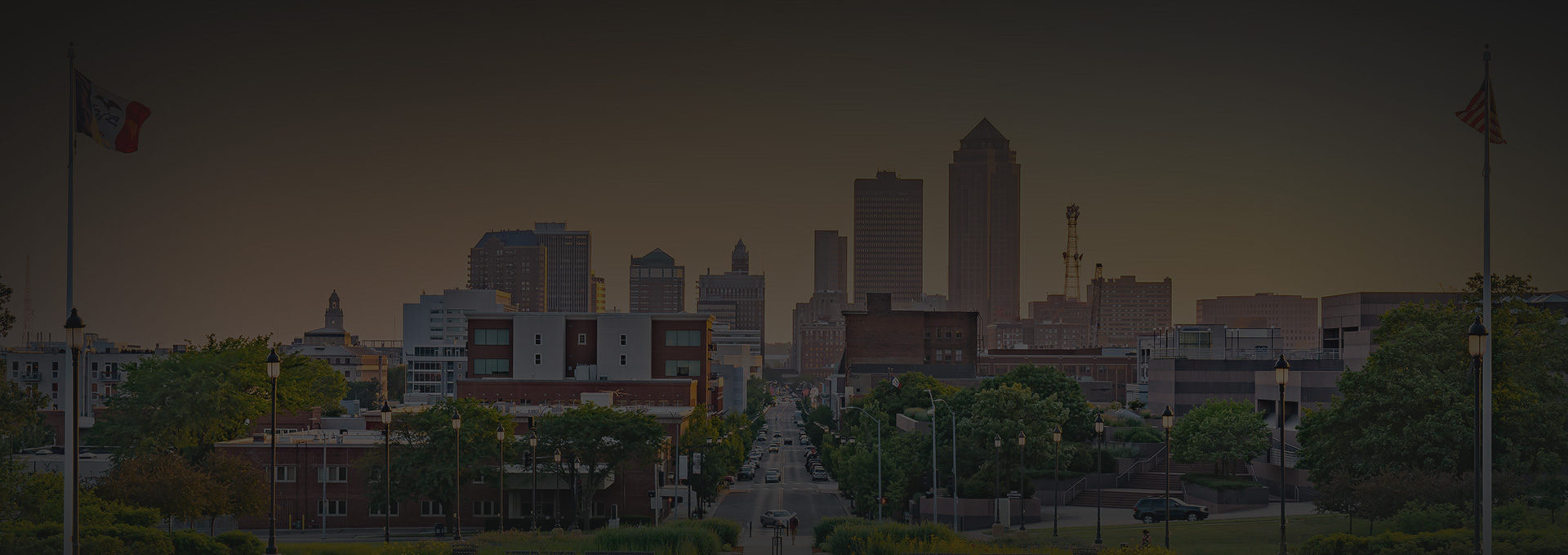
Des Moines Nursing Home Negligent Acts Attorneys
One of the gravest dangers nursing home residents face is the risk of falling. The elderly suffer much greater damage and face much longer recovery when they fall than almost any other segment of the population. When falls or fractures happen in nursing homes, it is usually the result of negligent acts or omissions that make the nursing home liable for you or your loved one’s injury.
If you or your loved one has suffered from a fall in a nursing home, you may be entitled to compensation. The experienced and dedicated Des Moines nursing home negligent acts lawyers at LaMarca Law Group, P.C. can help you remove your loved one from a dangerous situation and even prevent others from suffering similar abuse.
Call us today at (515) 705-0233 to learn more about your legal rights and the options available to you.
Do I Need A Lawyer?
Falls and fractures among nursing home residents are much more frequent than most people expect. Approximately 1,500 nursing home residents die each year from a fall, and falls account for more than a quarter of emergency room visits by nursing home residents. Holding nursing homes liable is difficult, especially if the victim suffers from mental impairment and cannot fully articulate what happened to them. An attorney experienced in nursing home abuse knows how to meet the requirements of proving negligence so that you can receive the compensation that will help you protect your loved one from further harm.
Information About Fractures and Falls In a Nursing Home
If you fear that you or your loved one is at risk of falling or suffering a fracture, it is important to educate yourself with more information about falls and fractures in the elderly:
- Who Is Most at Risk: Female nursing home residents are at the greatest risk of fractures from falls. For a variety of reasons, such as hormone levels and effects of childbearing, women are more susceptible to osteoporosis as they age. This weakening of their bones makes them at greater risk of fractures than their male counterparts.
- What Fractures Are Most Common: Hip fractures are most common among the elderly, followed by fractures in the femur. This concerning statistic drives home just how serious fractures are among nursing home residents because of how immobilized a person becomes when a hip or femur is broken. When a nursing home resident cannot move as freely as before, their overall health is placed at greater risk as they become more dependent on overworked staff. They also tend to suffer mental complications, such as depression and withdrawal, from being confined and isolated.
- What the Numbers Do Not Tell Us: The most disturbing statistics about falls and fractures in nursing home residents are the missing ones. It is difficult to get accurate numbers of how many elderly residents fall or suffer fractures in nursing homes because many incidents go unreported by nursing home staff who are afraid to lose their jobs, or by nursing home owners reluctant to be held liable.
- False Sense of Security: When an elderly person lives at home instead of a nursing home, others are more vigilant about the risk of falls and fractures. Unfortunately, nursing home residents and their loved ones can be lulled into a false sense of security when they are in a facility that is supposed to be designed around their safety.
Armed with this information, you can be more vigilant when visiting an elderly relative in a nursing home and look for signs that negligent acts or omissions are leading to falls or fractures. To stop such abuse, you may find, contact a nursing home lawyer at LaMarca Law Group, P.C. immediately.
Causes of Falls and Fractures in Nursing Homes
Most nursing homes take their duty to provide a high standard of care for their residents seriously, but the booming population of those entering nursing homes can stretch the abilities of many facilities to the breaking point. Some of the negligent acts and omissions that lead to falls and fractures among nursing home residents include the following:
- Environmental Hazards: Nursing homes should maintain safe surroundings to decrease the likelihood of falls, but this does not always happen. Wet floors, inadequate lighting, unkempt rooms, and poorly maintained walkways are some examples of how a facility can pose undue risks for falls.
- Medication Side Effects: Nursing home residents on any kind of medication should be properly monitored to ensure their balance or walking ability is not compromised. Certain medications can also lead to sleepwalking or loss of balance. In these cases, nursing home staff must make sure measures are in place to protect the resident from falling and risking a fracture or other serious injury.
- High Staff Turnover: A shortage of nursing home staff stretches existing employees to breaking points when they are overworked and underpaid. These stressful working conditions make it difficult for nursing homes to retain staff. High turnover in these facilities leads to patient care slipping through the cracks. Employers facing personnel shortages may not sufficiently train new staff, or properly check their backgrounds for criminal records, making nursing home residents vulnerable to neglect or even abuse.
If someone you love has suffered an injury from a fall in a nursing home due to negligence or omissions, you can stand up for their rights and help them receive the compensation they deserve. No one should suffer the pain and indignity that comes from being a victim of nursing home neglect. The attorneys at LaMarca Law Group, P.C. are here to help you navigate the legal process so you can focus on recovery.
Contact Us
The Des Moines attorneys at LaMarca Law Group, P.C. have decades of experience proving nursing home abuse. Our firm is committed to ensuring successful outcomes for each of our clients, and we know how to investigate and litigate to that end. With our attorneys on your side, you can rest assured that all of your legal options will be considered and all of your legal rights will be protected. We believe you should not carry the burden of seeking justice for yourself or your loved ones alone.
Call us today at (515) 705-0233 for a free initial consultation.
